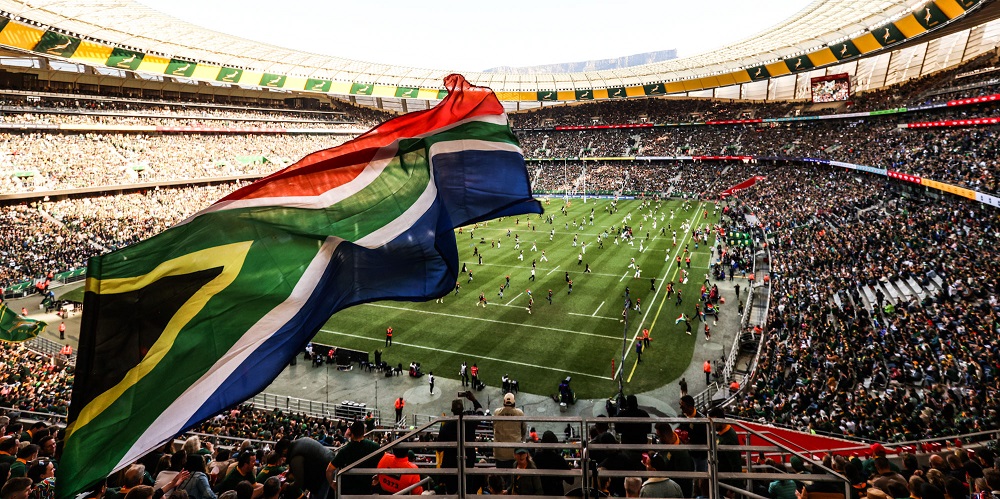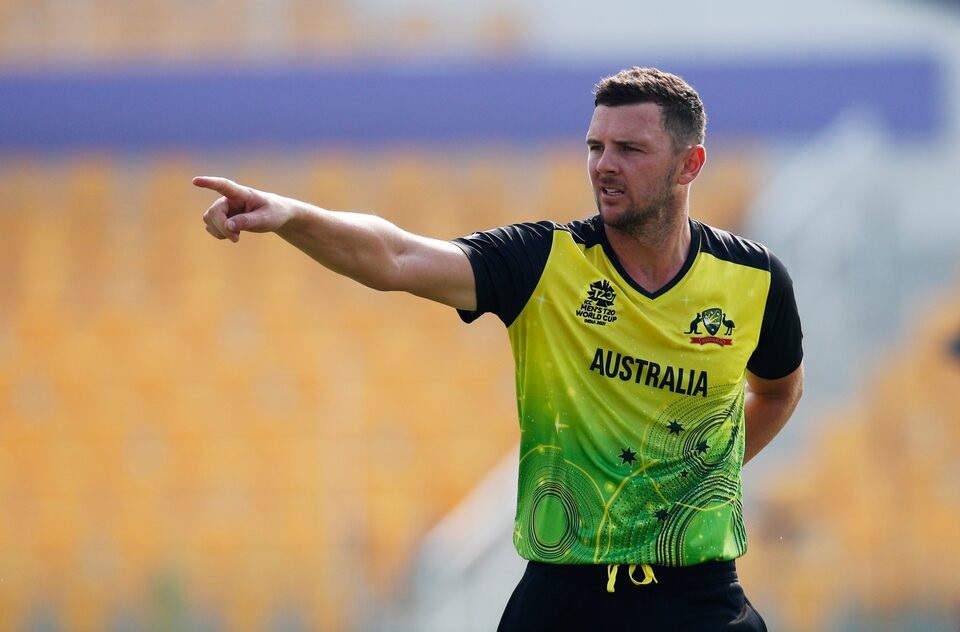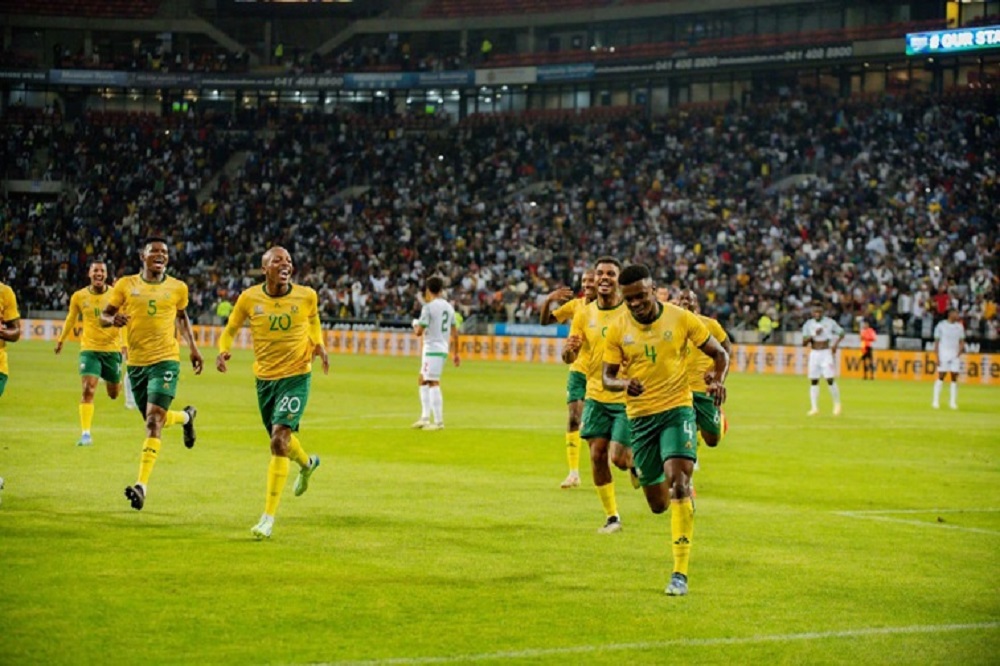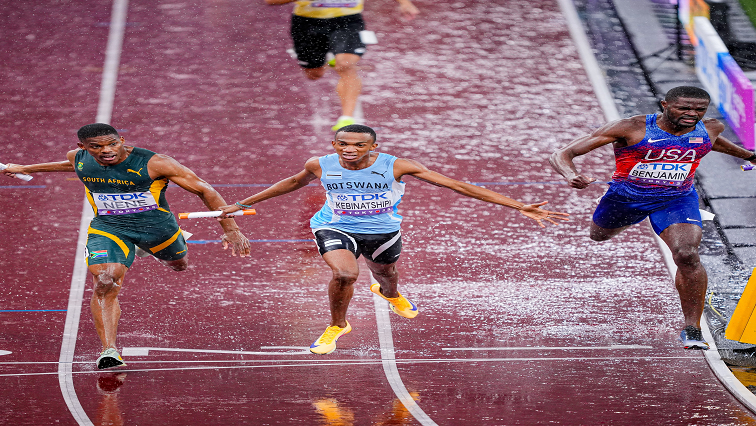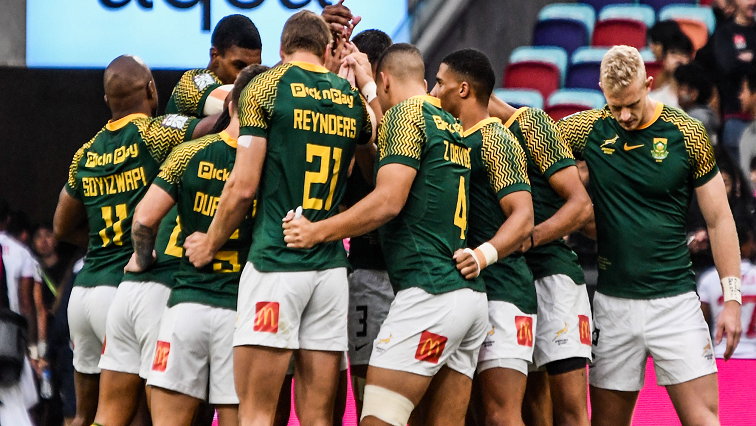Today marks 30 years since the South African national rugby team won the Rugby World Cup at Ellis Park in Johannesburg, beating New Zealand 15-12 in the final.
The victory became significant because it was the first sporting success for a newly democratic South Africa.
The win was said to help unify the country and give the rainbow nation a “feel-good” moment to lean on for years to come.
Thirty years on, everybody involved in rugby recalls the 1995 World Cup win as a watershed moment that kick-started sporting success in South Africa.
With the odds stacked against them, the 1995 Springboks pull off the seemingly impossible.
Reliving SA’s unforgettable 1995 Rugby World Cup triumph – 30 years on
Beating the All Blacks and lifting the Rugby World Cup for the first time in 1995 would have been the high point for Springbok rugby for years to come.
The victory, however, transcended rugby and became a bright shining moment in the new and democratic South Africa.
The significance of the 1995 World Cup is not lost on the incumbent and first black Springbok captain, Siya Kolisi.
Springbok Captain Siya Kolisi says, “I was four then, but obviously I’ve seen the videos, and we’ve seen the impact it had – not only on rugby but on South Africa as a whole. We all know that’s why people look up to the team so much: because of what happened in ’95. I think that moment also started a legacy of winning for South Africa in difficult circumstances. It showed the spirit of the South African people, especially when one game was nearly cancelled, but the community came together and found a way to make sure the field was ready for the players.
“I think the way this team represents South Africa today would make so many people who wanted the country to move forward very proud. We don’t take for granted what we can do. Things have changed. Now, there’s a real effort to make rugby more accessible in communities. I’ve seen it where I come from, a rugby-playing community in the Eastern Cape. Kids are excited; they want to play the sport. It’s growing more and more, and that’s been amazing. People feel more represented in the team, which is amazing,” Kolisi explains.
Since the inception of Springbok rugby in 1891, it had only ever represented white South Africa.
Ever since 1995, Springbok Rugby has become a cultural and commercial juggernaut where all South Africans feel seen and represented.
SA Rugby president, Mark Alexander, says the 1995 Rugby World Cup final was a defining moment for South Africa.
“I think that was a landmark moment in our nation. It’s a landmark moment; it’s a moment where things change in our country, where we started a process of how strong we are when we stand together as a country. We are stronger together as a country when we work together, and through sport. Sport has the power to bring people together, and I think that moment was a defining moment in our nation.”
The events of the day 30 years ago are ingrained in South Africans’ memories.
Sports minister Gayton McKenzie, like many of his compatriots, can still recount many key moments in the World Cup final.
“When Joel Stransky kicked the ball over, he kicked us into our new future, that is my fondest memory. Joel Stransky, Joost van der Westhuizen, Siya Kolisi – every rugby player that plays rugby today and played rugby previously, we owe a debt of gratitude to that team. I remember there was a ball that Jonah Lomu came and a tackle I will never forget where Joost put him down on the ground something unheard of because he was like a bullet train and for me I have seen the captain francois lifting that Cup and we he lifted that Cup up alot of things went off our shoulders we felt lighter we felt better we felt a better South Africa.”
How 95 World Cup sparked a Rugby revolution in SA – Katlego Dikobo
And for the future of Springbok rugby, there are four World Cup triumphs to learn from.
But far and away the most significant one is the victory that started it all back in 1995.
For a young player like Morne van den Berg, the desire to add what was begun in 1995 is the reason the Springboks play the game.
Springbok scrumhalf Morne van den Berg says, “I was born two years after that, but I mean, even then, the stories you even hear the stories now-the lasting effect that it had, what that team had, what Nelson Mandela had, the great Nelson Mandela had. And then even the 2007 World Cup, how big of an influence it had, and 2019, 2023. It is a bit more relevant when I was a bit older, and I can understand what it meant a bit more. You could just see how it brought people together, and it is such a special thing to see how a game like rugby can actually unify the country’s people, how it makes you believe that you can be the best in the world at something if you really want to. It has been such an amazing road, what the Springbok has done, and now that I am in the squad, just a little glimpse of it, it is just incredible. So hopefully the team can do it again in 2027.”
The Springboks play the Barbarians on Saturday, a special game in the spirit of Rugby that will no doubt mark an important day that happened 30 years ago.







